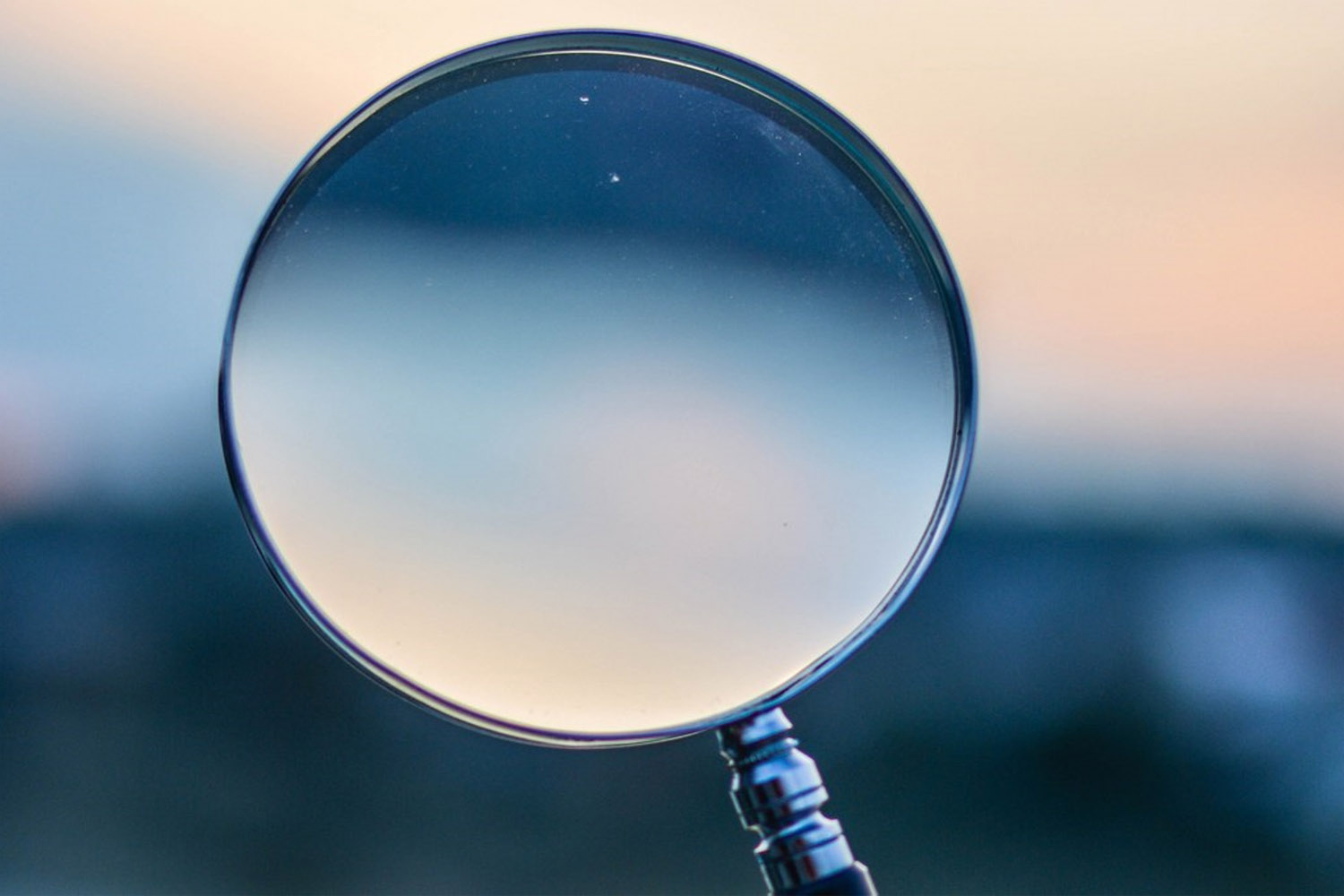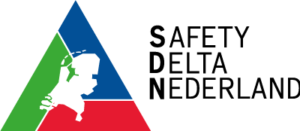Professionalizing Internal Oversight (PIT) - Experimenting with Government Oversight.
Research question
What is needed to achieve a different supervision model in the field of internal and environmental security for top companies with the primary goal of increasing the EFFECTIVENESS of regulation and supervision? How can this be secured as normal practice?

Code: RCA 2022-33
Status: Execution
Update: December 2023
Background
An increase in the number of "high performance" organizations in the field of internal and environmental safety, and companies handling hazardous materials belong to this category, requires a fundamental change in oversight policy. This change must take shape on the part of both companies and government.
In other supervisory domains, government supervision has changed considerably over the past two decades. This change has good reason, because despite all efforts, such as: more supervisory parties, more inspectors, better inspection methods and "state-of-the-art" inspection techniques, supervisees continue to commit violations, distrust between supervisees and supervisors grows, and increasingly unshakable deadlocks develop.
The current supervisory policy in the field of internal and environmental security does not lead to (more) pro-activity among the middle group or the laggards. As a result, the leading group remains small and cannot make a positive mark on the prevailing negative sentiment. Also, leaders are not encouraged in their ambition to excel because there is little to no alignment between the supervisory strategies of leaders and their supervisors.
To change current oversight policies, a change in the political and administrative climate in the field of internal and environmental security is needed. The initiative to bring about change will have to come primarily from industry. It must show that self-regulation and self-cleansing are (have come to be) at a high level.
The approach taken is to start small with a benevolent group of companies. The Professionalization Internal Supervision (PIT) project involves six ION members ranging in size from SME to medium-sized, with diverse processes and products, and three of which are Brzo companies. The ION Association is an industry organization of companies involved in surface treatment. ION members have a proactive approach to social issues, including the exposure of employees and local residents to hazardous substances used in the company's process. Internal supervisors such as a director-owner or site manager strive to establish good supervisory relationships and coordinate supervisory strategy with their external supervisors.
Purpose
Defining and implementing conditions belonging to a different form of supervision of internal and environmental safety. Experimenting with this form of supervision at a number of companies. After evaluation together, industry and supervisory authorities will examine whether there is sufficient basis for changing the current supervision policy.
Starting point is further professionalization of internal supervision in companies. This is a prerequisite for increasing support for change among external supervisors.
By participating with all inspection columns (Environmental Services, Dutch Labour Inspectorate, Safety Regions and Water Boards) and by securing the results of the pilots administratively and politically, this will give companies room to experiment.
Expected result
The movement of current government supervision to another form is a complex issue. It requires intervention at several levels.
The following will be mapped during the experiment:
- The maturity of a company's compliance organization
- the methods for identifying, classifying and handling risks
- the supervisory strategies to be adopted
- The professional bases for conducting audits, and
- the (digital) disclosure of audit results.
Knowledge and experience are gained in the application of developed methods, techniques and systems, and in the mutual coordination between internal supervisors and external supervisors including:
- Annual coordination on the surveillance strategy to be adopted,
- periodic exchange of information based on observations made by both the internal supervisor and external supervisors, and
- periodic reconciliation of audit bases so that the internal supervisor and external supervisors can use each other's audit results.
Project Management
Safety Deal SVO222001
Sponsor: Innovat.ION Foundation
coordination and execution: Stantec
Project Progress
Information on project progress is only available to participants - you need to request access and log in at the SDN programme office.

